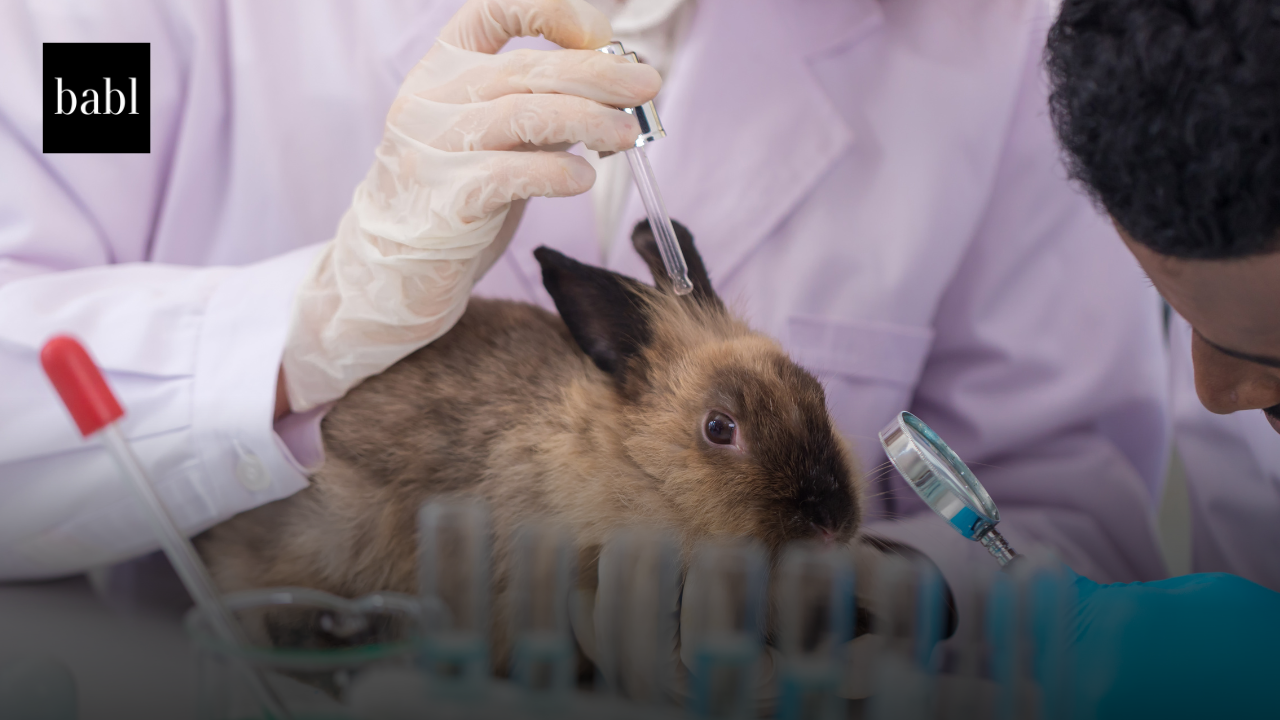The U.S. Food and Drug Administration (FDA) has released a strategic roadmap that places artificial intelligence (AI) at the center of its effort to reduce reliance on animal testing in preclinical drug safety studies. The roadmap signals a shift toward using advanced, human-relevant technologies—especially AI-powered tools—to improve drug safety prediction and regulatory decision-making.
AI is emerging as a key enabler of New Approach Methodologies (NAMs), a collection of non-animal testing techniques that include computer modeling, machine learning algorithms, and virtual simulations of human biology. The FDA roadmap emphasizes that these AI-driven methods can identify toxicological risks faster, more accurately, and more ethically than traditional animal studies, which often fail to predict how humans will respond to new drugs.
More than 90% of drugs that pass animal safety tests later fail in human trials, underscoring the limitations of the current model. The roadmap cites examples where AI-based tools—such as predictive toxicology models and digital twin simulations of human organ systems—are already outperforming animal-based methods. One case highlights an AI-integrated “Liver-Chip” that correctly flagged 87% of drugs known to cause liver damage in humans, far exceeding the predictive power of animal tests.
The roadmap focuses initial efforts on monoclonal antibodies, which currently undergo extensive testing in non-human primates. These studies are not only costly and slow—taking up to six months and costing as much as $750 million per product—but also risk failing to catch serious adverse effects, as illustrated by the notorious TGN1412 trial that caused life-threatening reactions in human participants despite promising animal results.
In response, the FDA plans to expand regulatory acceptance of AI-enabled models, revise existing guidance, and work with federal partners like the NIH and the Department of Veterans Affairs to accelerate the validation of these tools. The roadmap is aligned with the FDA Modernization Act 2.0, which eliminated mandatory animal testing for drug approvals and encouraged the adoption of modern alternatives, including AI technologies.
With a three- to five-year implementation timeline, the FDA aims to shift animal testing from a default requirement to a last resort. If successful, this AI-first approach could revolutionize drug development, improve patient safety, and position the United States as a global leader in ethical and technologically advanced regulatory science.
Need Help?
If you have questions or concerns about any global guidelines, regulations and laws, don’t hesitate to reach out to BABL AI. Their Audit Experts can offer valuable insight, and ensure you’re informed and compliant.





